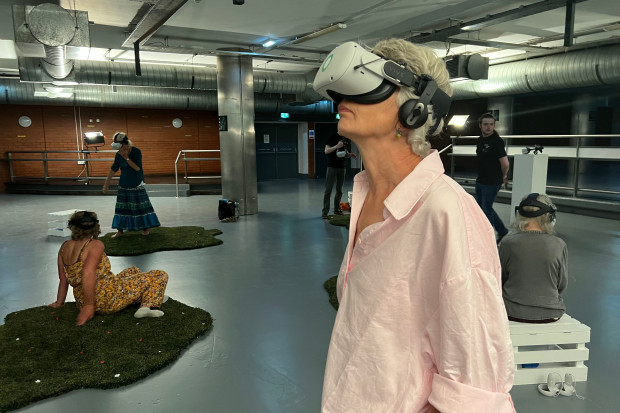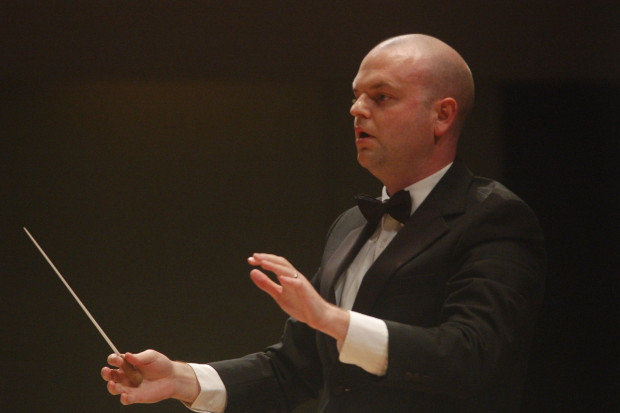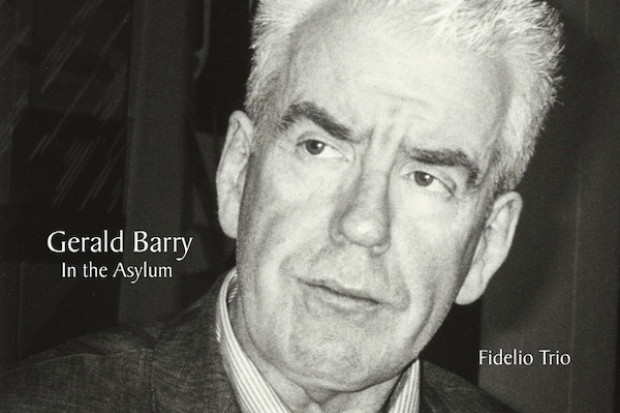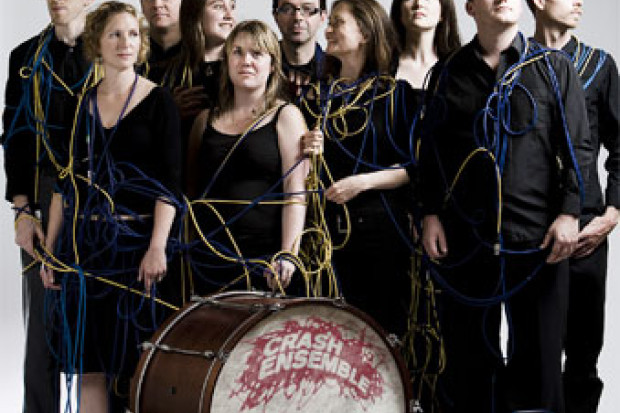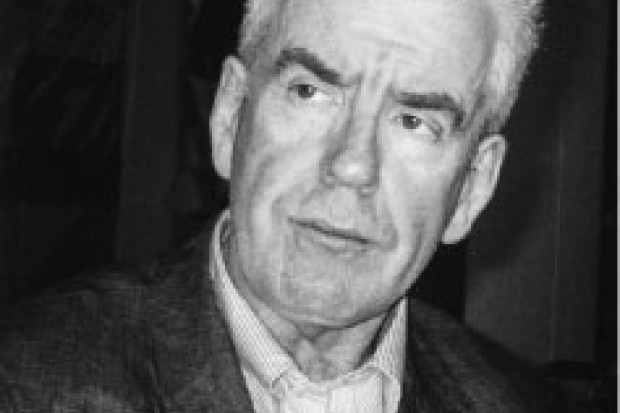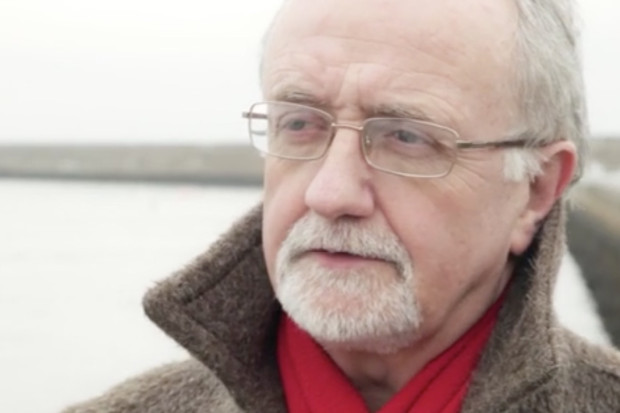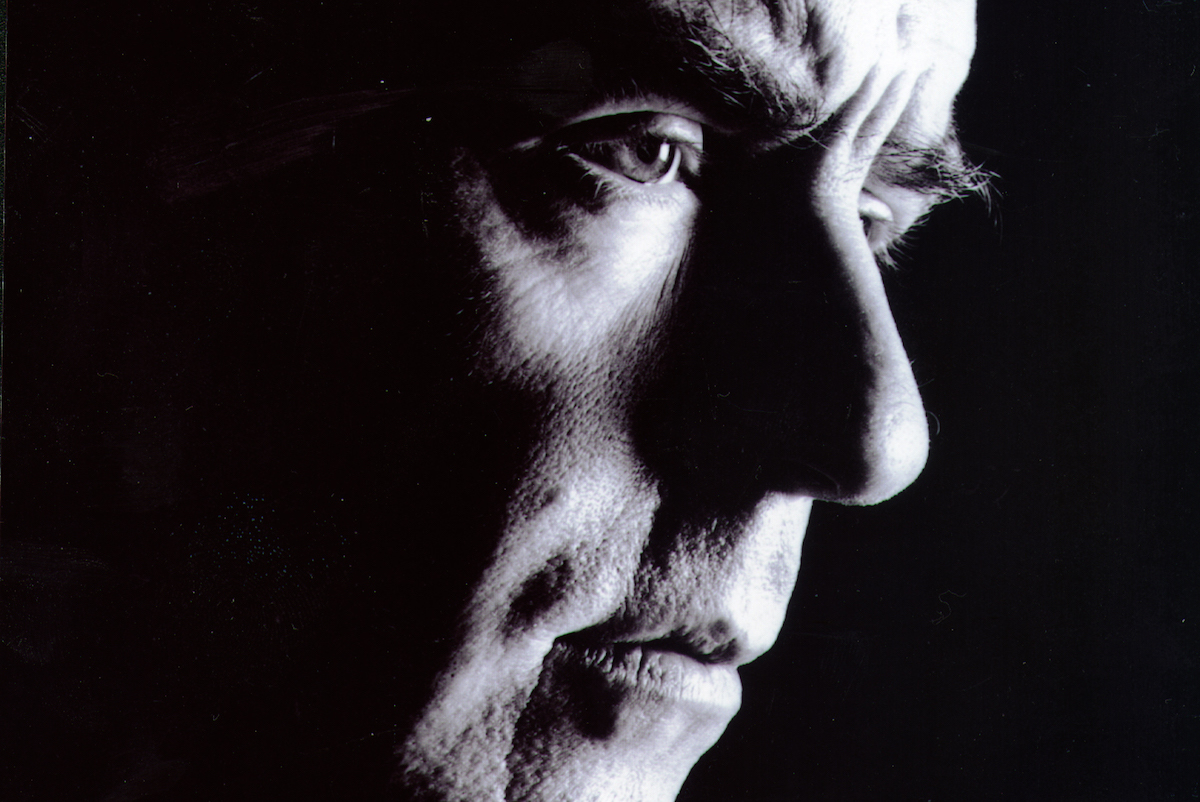
Gerald Barry
Piano Concerto by Gerald Barry
Commissioned two years ago by Bayerischer Rundfunk/musica viva and City of Birmingham Symphony Orchestra, the performance of Gerald Barry’s Piano Concerto on 30 October by Hugh Tinney and the RTÉ NSO, conducted by Cristian Macelaru, was the Irish premiere. The concert was part of a three-year RTÉ residency for Barry that runs until 2018.
Although he has written works for orchestra and solo instruments, such as piano or voice, this is the first work by the composer under the title of Concerto, and he typically subverts the traditional relationship between soloist and ensemble. In style and language it is closer to the humour and energy of his operatic works such as The Importance of Being Earnest, than the relentless hammering of orchestral works like Chevaux de Frise, or the re-composition of borrowed stylistic devices in piano works such as Trichoric Blues.
In his pre-concert talk, Barry himself described the Piano Concerto as being like a ‘play or opera’. What this means in practice is that for most of the work’s 20 or so minutes, the orchestra does not support the piano solo: rather, the two alternate statements and interjections, like a conversation between multiple participants. Every piano utterance has a completely different character, each of which Tinney occupied totally, and which required incredible concentration to navigate the orchestral texture.
As with much of Barry’s work, this Concerto feels as if it is driven by a sense of conflict, such as that between the characters of a play. There is an architecture of clashes between elements always audible in this work, built on the relationships between the piano and orchestra, as well as between voices in the orchestra, and between the musical ideas themselves. Though the texture shifts constantly between different forces within the orchestra, the material itself is, in Barry’s words, ‘transparent’. Throughout, the orchestra’s playing under Macelaru is assertive, throwing out wild gestures that move across the whole orchestra, only to be countered by another. A brief central ‘storm’ marks a kind of climax point in the piece that betrays a strict inner form beneath the flashing colours of the surface.
Interestingly, this adventurous piece was paired with two sweeping late Romantic works written in 1906 by Rachmaninov and Sibelius, which only served to amplify the Piano Concerto’s effect. In this work, Barry was being more true to his instincts than to the weight of the form’s history or to any expectations of what a piano concerto should be – the result is irreverent and exhilarating, though far from trivial, with writing that shows Barry to be both wildly inventive and technically rigorous. In short, a master.
Listen back to the full concert here.
For upcoming RTÉ NSO concerts, visit www.rte.ie/orchestras/nationalsymphonyorchestra
Published on 16 November 2015
Anna Murray is a composer and writer. Her website is www.annamurraymusic.com.












